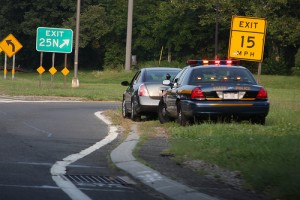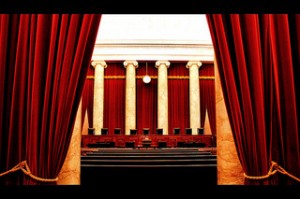Outer Limits of the ADA’s Applicability?: Must Police Officers Accommodate Mentally Ill Arrestees?
Per the adoption of the Americans with Disabilities Act (ADA), accommodating persons with disabilities is the norm. Twenty-five years after the Act’s passage, the Supreme Court will decide whether it applies to police officers arresting a mentally ill suspect one who is armed and violent. In City & County of San Francisco v. Sheehan the Supreme Court will decide whether, pursuant to the Americans with Disabilities Act (ADA), police must accommodate a suspect’s mental illness when arresting him or her. The...







